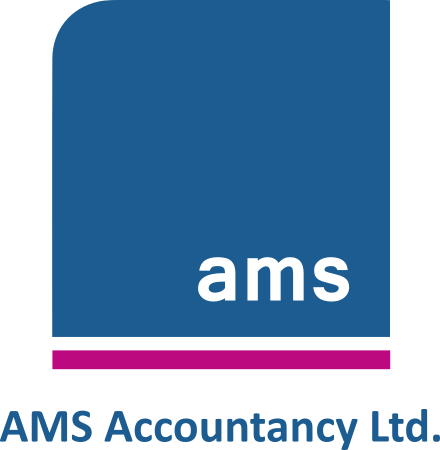Business Asset Disposal (‘BAD’) Relief (formerly Entrepreneurs’ Relief) is a reduced rate of Capital Gains Tax that applies when ones sells certain business assets; or all/part of a business; or more than 5% of shares in a small company in which you work or hold office. It does not apply to non-business assets such as disposal of an investment property.
If you qualify for (and claim) BAD Relief, you pay Capital Gains Tax at 10% – instead of the normal rate for such assets. Since 6th April 2017, the normal Capital Gains Tax rates for the disposal of business assets have been 10% and 20% (depending on your total taxable income and capital gains). So, although BAD Relief is still useful, it is less valuable than it used to be.
An important area where BAD Relief is often claimed is when winding up a Company and making a capital distribution to the shareholders. If one ceases trading and winds up one’s Company, any cash distributed to the director/shareholders is treated as Capital rather than income and BAD Relief can be claimed. However, if the taxpayer concerned returns to that trade within two years of winding up the original Company, then the cash distributed on the winding up will be taxed as dividends and subject to income tax/dividend tax rather than Capital Gains Tax. This may mean HMRC going back and taxing the cash at 33.75% rather than the 10% BAD Relief rate!
